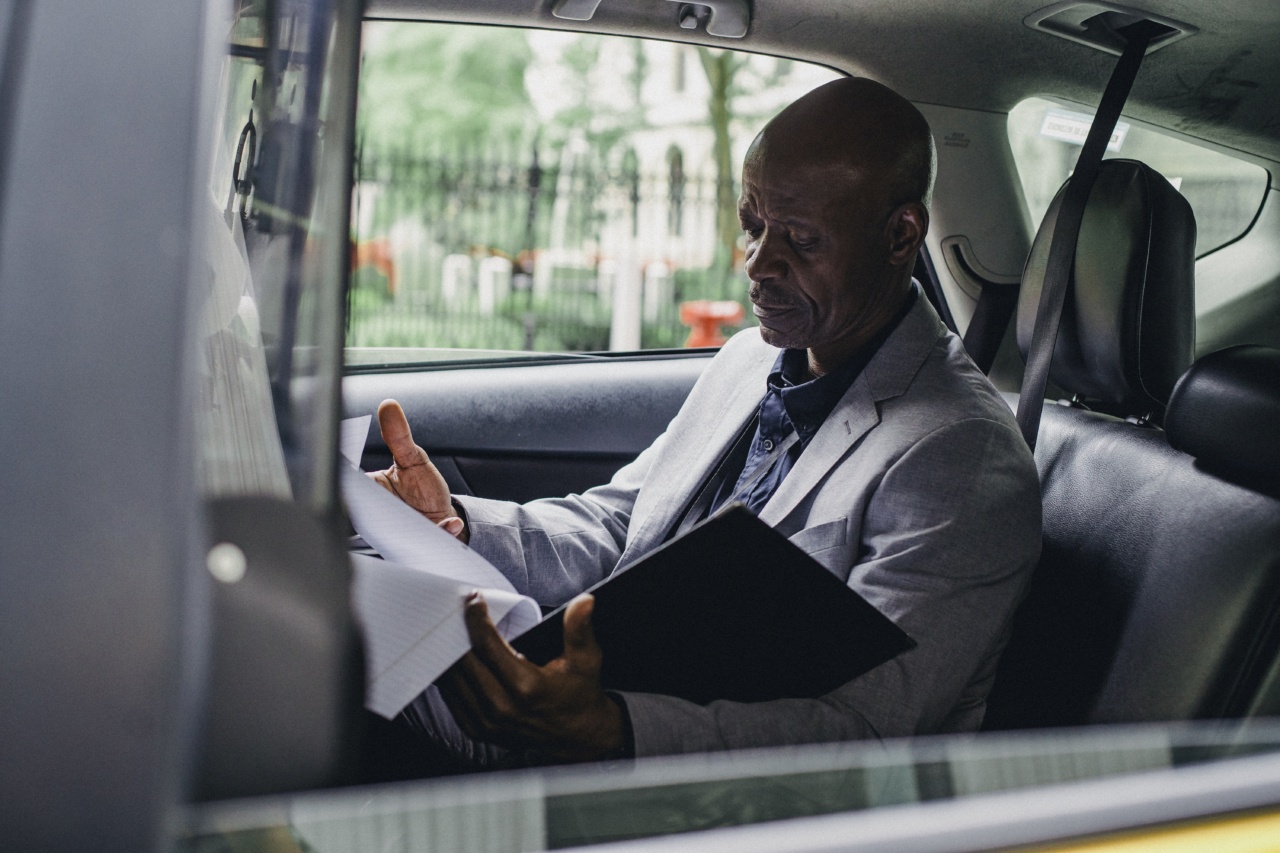In today’s fast-paced and highly competitive world, it is easy to get overwhelmed by responsibilities and stress.
However, it is essential to find a balance that allows us to be carefree and enjoy life while still taking responsibility for our actions and their consequences. In this article, we will explore the importance of being carefree yet responsible and how it can lead to a happier and more fulfilling life.
The Importance of Being Carefree
Being carefree is often associated with a sense of freedom and joy. It means living in the present moment without worrying too much about the past or the future.
When we are carefree, we are able to fully immerse ourselves in the experiences and enjoy them without any unnecessary burden.
Being carefree allows us to let go of stress and worries. It enables us to embrace spontaneity and take risks without excessive fear or hesitation. It encourages us to have a positive outlook and find joy in the simplest of things.
Being carefree helps us maintain a youthful spirit and not take life too seriously.
Moreover, being carefree can also have numerous health benefits. Studies have shown that stress and anxiety can have detrimental effects on our physical and mental health.
By being carefree, we reduce the levels of stress hormones in our body and promote overall well-being.
Understanding Responsibility
While being carefree is important, it should not be mistaken for being irresponsible. Responsibility is a key aspect of personal growth and maturity. It involves being accountable for our decisions, actions, and their outcomes.
Responsibility is about considering the impact of our choices on ourselves and others. It means fulfilling our duties and obligations towards our family, friends, society, and the environment.
By taking responsibility, we build trust, respect, and integrity. It helps us become reliable and dependable individuals.
The Balancing Act
It may seem challenging to strike a balance between being carefree and being responsible, but it is not impossible. In fact, finding this equilibrium is crucial for a well-rounded and fulfilling life.
Being carefree does not mean neglecting responsibilities or disregarding consequences. It means approaching life with a positive attitude, embracing spontaneity, and finding joy in the little things.
It involves being flexible and adaptable to changing situations without being burdened by unnecessary worries.
On the other hand, being responsible requires prioritizing and fulfilling our commitments. It means setting goals, making informed decisions, and ensuring that our actions align with our values.
Responsibility also involves recognizing and learning from our mistakes, as well as handling the consequences of our choices.
By embracing both carefreeness and responsibility, we create a harmonious and balanced life. We can enjoy the present moment without sacrificing our long-term goals and aspirations.
Balancing these two aspects allows us to make the most of every experience while still maintaining a sense of direction and purpose.
Benefits of Being Carefree yet Responsible
When we find the sweet spot between carefreeness and responsibility, we unlock a multitude of benefits. Here are some of the advantages of embracing both aspects:.
1. Enhanced Mental Well-being
Being carefree helps alleviate stress and anxiety, promoting better mental health. However, when we are solely carefree without any sense of responsibility, we may end up feeling lost or unfulfilled.
By incorporating responsibility, we gain a sense of purpose, accomplishment, and self-worth, which further contributes to our overall well-being.
2. Meaningful Relationships
Balancing carefreeness with responsibility allows us to cultivate healthier and more meaningful relationships.
Being carefree helps us enjoy the company of others and create memorable experiences, while responsibility ensures that we treat others with respect, honesty, and consideration.
3. Personal Growth
Taking responsibility for our actions and decisions is an integral part of personal growth. It requires self-reflection, introspection, and learning from our mistakes.
By being carefree, we open ourselves up to new experiences and possibilities, which can contribute to our personal growth and development as individuals.
4. Increased Productivity
While being carefree may seem counterintuitive to productivity, it actually plays a role in enhancing it. When we allow ourselves to relax and enjoy the present moment, we recharge our energy and creativity, leading to increased productivity.
However, responsibility ensures that we stay focused and committed to our goals, preventing us from getting too carried away with carefreeness.
5. Freedom of Expression
Being carefree provides us with the freedom to express ourselves authentically and without fear of judgment. It allows us to let go of societal expectations and embrace our true selves.
Responsibility, on the other hand, ensures that our expression does not harm or infringe upon the rights of others.
6. Resilience and Adaptability
The ability to adapt to change and bounce back from setbacks is essential in life. Being carefree helps us embrace uncertainties and challenges with a positive attitude, fostering resilience.
Responsibility ensures that we stay committed to finding solutions and navigating through obstacles with determination and perseverance.
Tips for Being Carefree yet Responsible
Here are some practical tips to help you embrace both carefreeness and responsibility:.
1. Prioritize and Set Boundaries
Identify your priorities and allocate time and energy accordingly. Learn to say no when necessary and set boundaries to avoid overcommitting yourself.
2. Practice Mindfulness
Mindfulness allows you to be fully present in the moment and appreciate the little joys of life. It helps you let go of unnecessary worries and focus on what truly matters.
3. Learn from Mistakes
Take ownership of your mistakes and use them as opportunities for growth and learning. Embrace self-reflection and make conscious efforts to avoid repeating the same errors.
4. Delegate and Seek Support
You don’t have to do everything alone. Delegate tasks when possible and seek support from loved ones or professionals when needed. Remember that asking for help is a sign of strength, not weakness.
5. Embrace Spontaneity
Allow yourself to be spontaneous and enjoy life’s surprises. Being open to new experiences can lead to memorable moments and personal growth. However, do so with a sense of responsibility and awareness of potential consequences.
6. Find a Healthy Work-Life Balance
Achieving a healthy work-life balance is crucial for overall well-being. Dedicate time for work, relationships, hobbies, and self-care. Remember that you cannot pour from an empty cup, so take care of yourself first.
Conclusion
In a world that often pressures us to be constantly busy and productive, it is important to find the balance between being carefree and responsible. Being carefree allows us to live in the moment, enjoy life’s simple pleasures, and reduce stress.
However, responsibility ensures that we fulfill our obligations, make sensible decisions, and stay true to our values.
By embracing both carefreeness and responsibility, we can cultivate meaningful relationships, achieve personal growth, enhance our mental well-being, and lead more fulfilling lives.
Remember, life is a beautiful journey, and by being carefree yet responsible, we can make the most out of it.






























